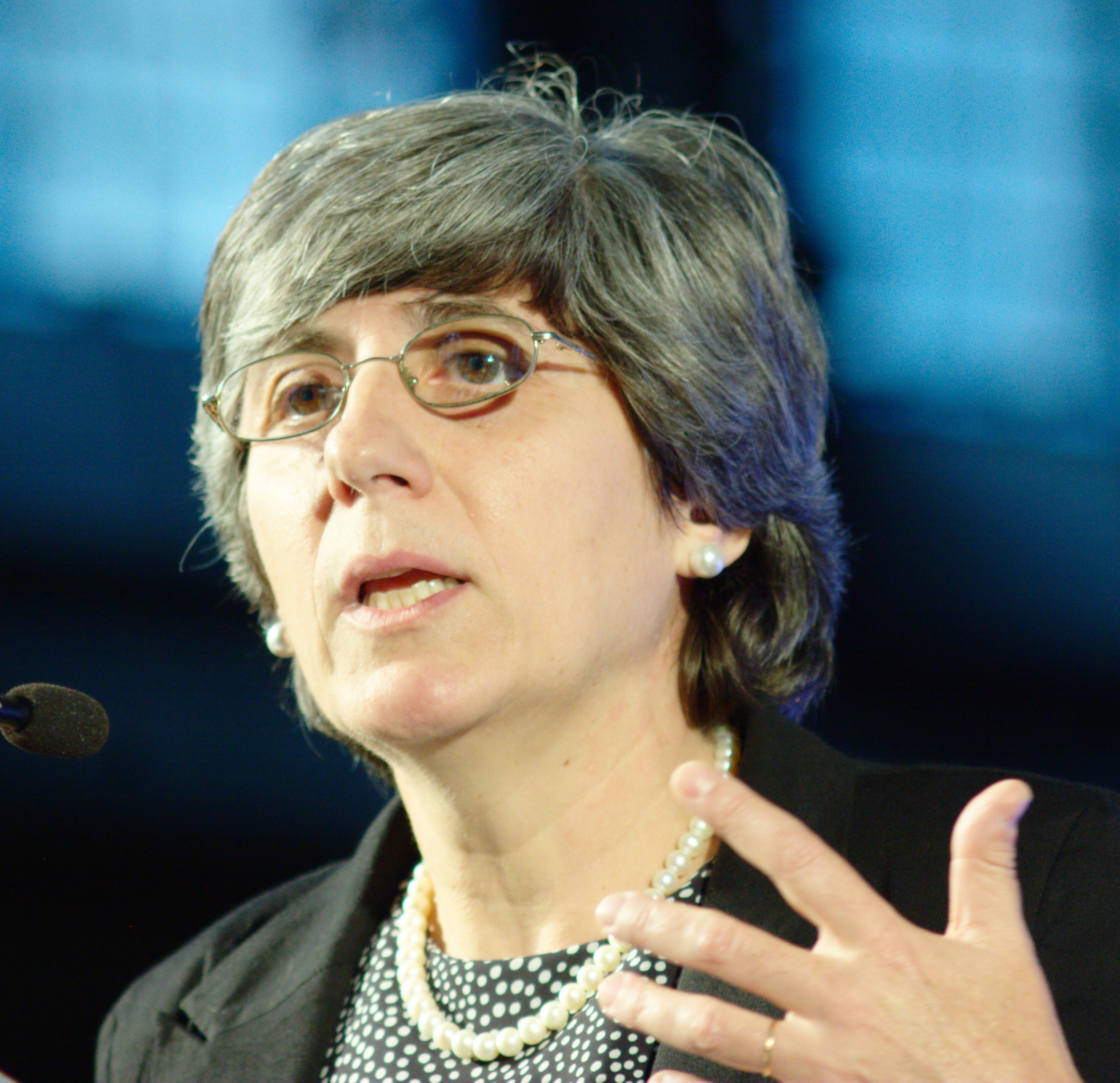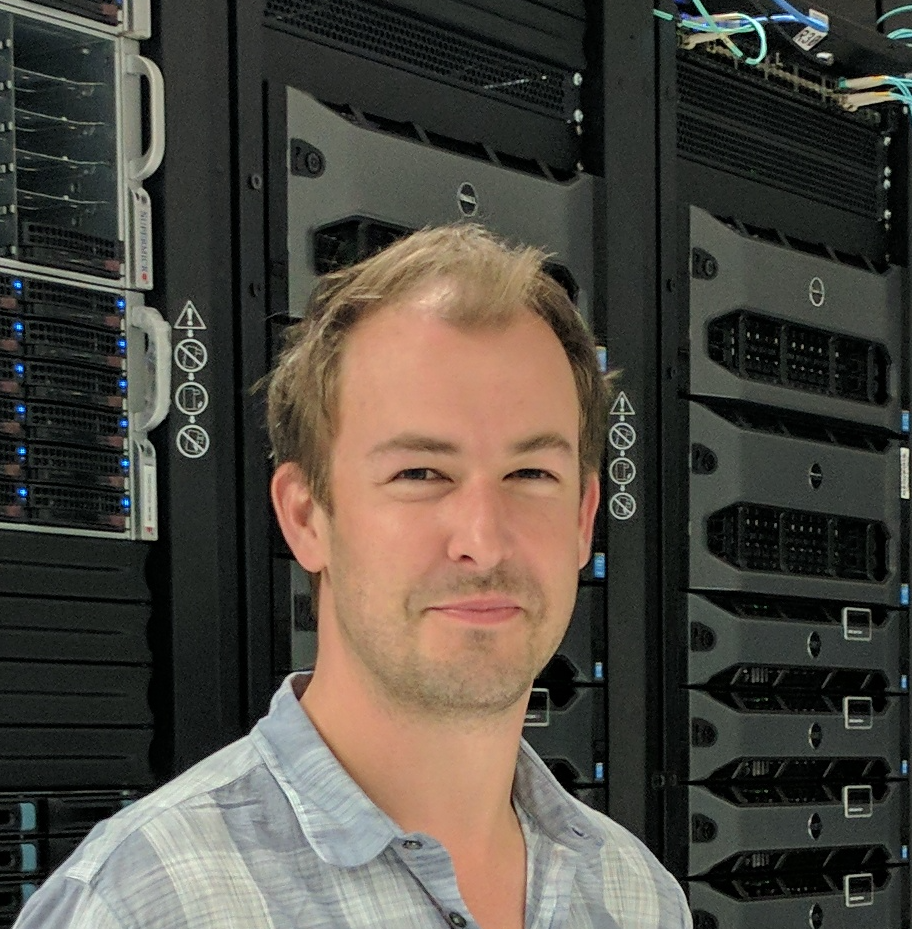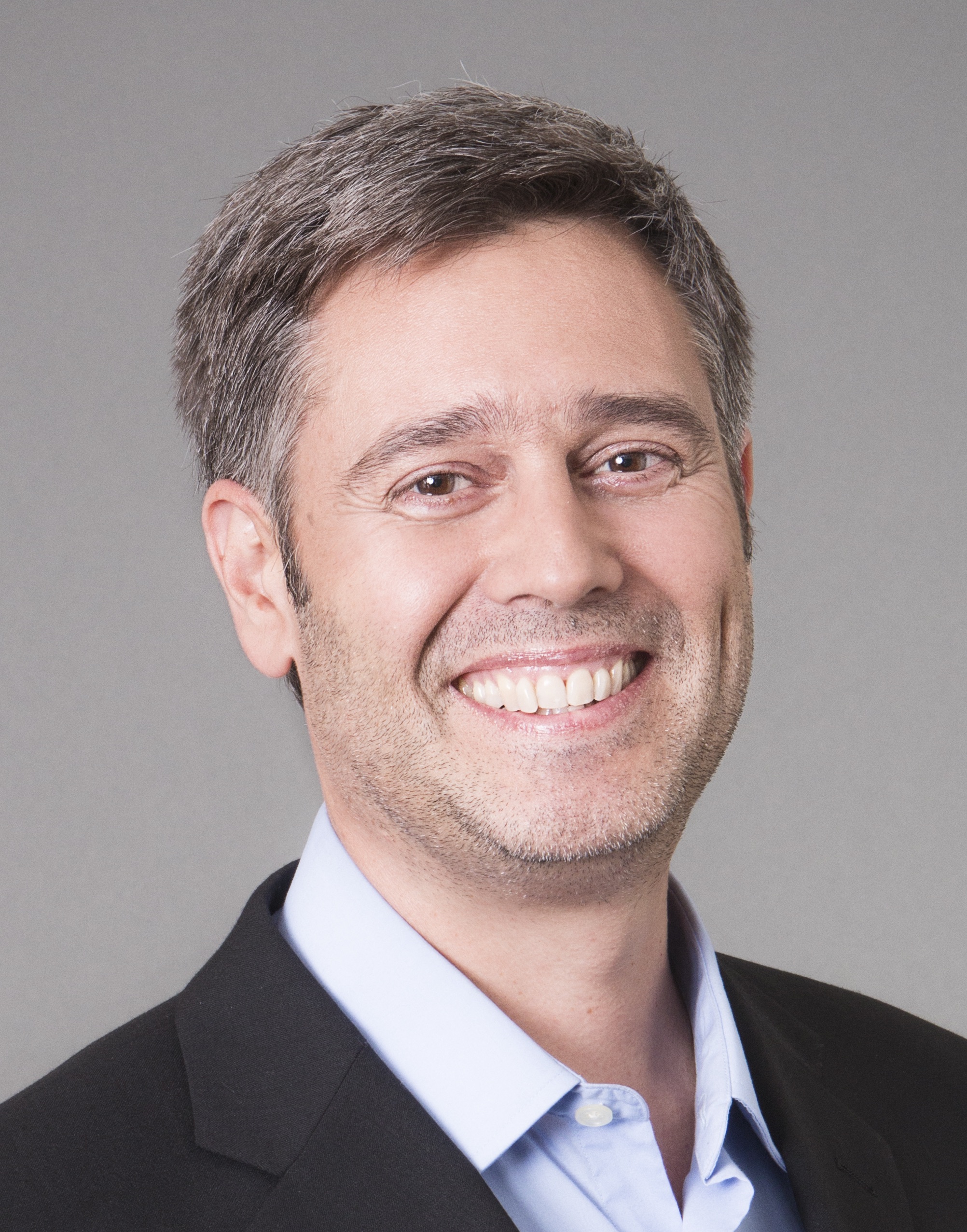
Dr. Manuela Veloso
Manuela M. Veloso is the Head of J.P. Morgan AI Research, which pursues fundamental research in areas of core relevance to financial services, including data mining and cryptography, machine learning, explainability, and human-AI interaction. J.P. Morgan AI Research partners with applied data analytics teams across the firm as well as with leading academic institutions globally. Professor Veloso is on leave from Carnegie Mellon University as the Herbert A. Simon University Professor in the School of Computer Science, and the past Head of the Machine Learning Department. With her students, she had led research in AI, with a focus on robotics and machine learning, having concretely researched and developed a variety of autonomous robots, including teams of soccer robots, and mobile service robots. Her robot soccer teams have been RoboCup world champions several times, and the CoBot mobile robots have autonomously navigated for more than 1,000km in university buildings. Professor Veloso is the Past President of AAAI, (the Association for the Advancement of Artificial Intelligence), and the co-founder, Trustee, and Past President of RoboCup. Professor Veloso has been recognized with a multiple honors, including being a Fellow of the ACM, IEEE, AAAS, and AAAI. She is the recipient of several best paper awards, the Einstein Chair of the Chinese Academy of Science, the ACM/SIGART Autonomous Agents Research Award, an NSF Career Award, and the Allen Newell Medal for Excellence in Research. Professor Veloso earned a Bachelor and Master of Science degrees in Electrical and Computer Engineering from Instituto Superior Tecnico in Lisbon, Portugal, a Master of Arts in Computer Science from Boston University, and Master of Science and PhD in Computer Science from Carnegie Mellon University. See www.cs.cmu.edu/~mmv/Veloso.html for her scientific publications.

Dr. Sriraam Natarajan
Historically, Artificial Intelligence has taken a symbolic route for representing and reasoning about objects at a higher-level or a statistical route for learning complex models from large data. To achieve true AI, it is necessary to make these different paths meet and enable seamless human interaction. First, I briefly will introduce learning from rich, structured, complex and noisy data. Next, I will present the recent progress that allows for more reasonable human interaction where the human input is taken as “advice” and the learning algorithm combines this advice with data. The advice can be in the form of qualitative influences, preferences over labels/actions, privileged information obtained during training or simple precision-recall trade-off. Finally, I will outline our recent work on "closing-the-loop" where information is solicited from humans as needed that allows for seamless interactions with the human expert. While I will discuss these methods primarily in the context of probabilistic and relational learning, I will also present our results on reinforcement learning and inverse reinforcement learning.
Biography

Dr. Pieter De Leenheer
Pieter leads Collibra Research. With 20 years experience translating science in product and business, he is responsible for envisioning and developing technological and scientific research capabilities. Pieter writes, teaches and advises on computing and management aspects of data innovation, accountability and citizenship. He published five books and dozens of journal articles on these topics. Pieter has a B.S, M.S.and Ph.D. in Computer Science from the Vrije Universiteit Brussel. Prior to cofounding the company, Pieter was a professor at VU University of Amsterdam. Today he is a visiting scientist at Harvard, Columbia University and the San Diego Supercomputer Center. He also serves as an expert to the European Commission and several governments. He lives in New York City with his family.
